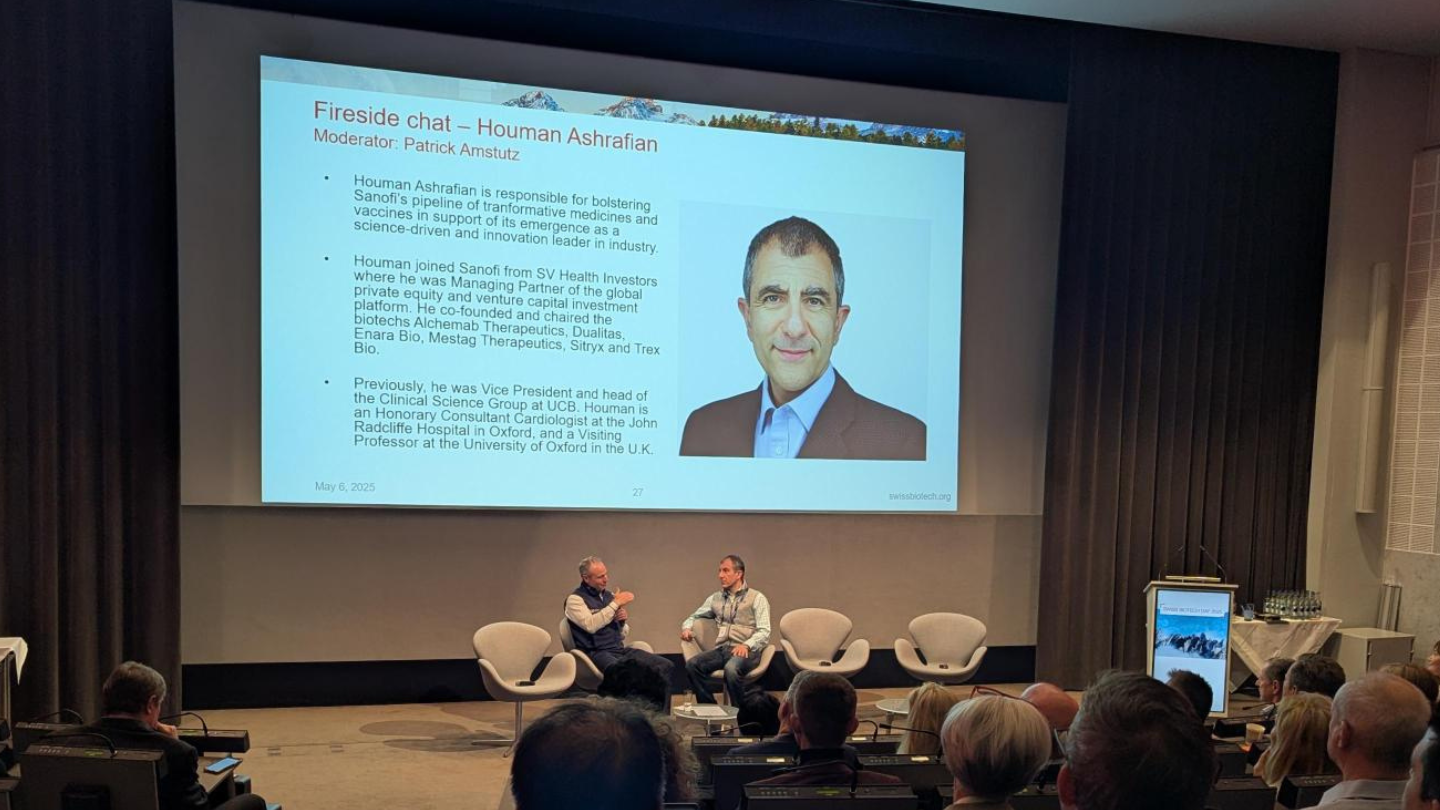STAT+: CAR-T research is flourishing but is hampered by outdated precautions, experts say
A gathering of experts in CAR-T cancer therapy at #STAT breakthrough express optimism about making therapy faster and more accessible, while also raising concerns about falling behind China.

Twenty years ago, CAR-T cell therapy was not quite “believed in,” said Michel Sadelain, director of the Center for Cellular Engineering at Memorial Sloan Kettering Cancer Center. It was hard to find patients to put in a trial, he said, because physicians were skeptical of the new technology. Then, when the first patients were successfully treated, there was “suddenly this turnabout, a tsunami as some would say, of young scientists and not-so-young scientists embracing this.”
The enthusiasm for CAR-T has not let up since the mid-2000s, agreed Carl June, a professor at the University of Pennsylvania and a CAR-T pioneer, speaking with Sadelain and Christi Shaw, co-founder of the More Moments More Memories Foundation, on a panel about CAR-T therapy at STAT’s Breakthrough Summit in San Francisco. Autologous CAR-T cells, immune cells taken from a patient and engineered in a lab to recognize and destroy cancer cells, have cured patients of blood cancers once considered incurable. But the field is still being hampered by early regulations initially aimed at safeguarding against concerns about a fledgling technology that has since matured and proven its safety.
What's Your Reaction?

































